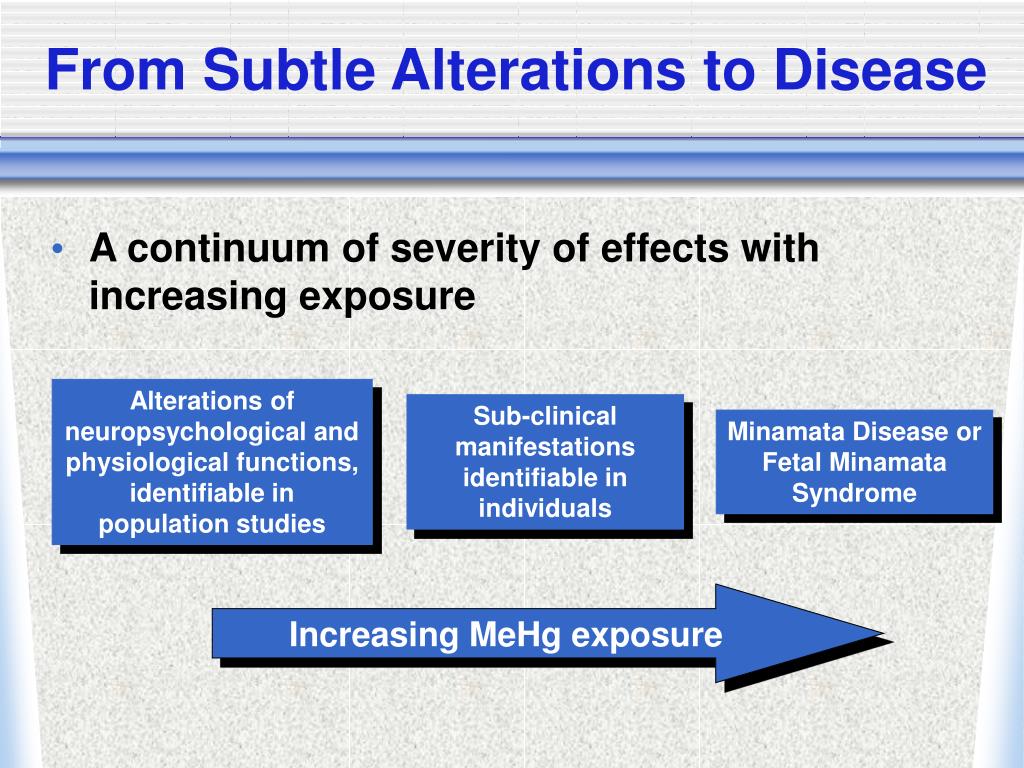Low battery
Battery level is below 20%. Connect charger soon.
- and made a very … Whenever someone skinned a knee or scraped an elbow, one of … Thimerosal (merthiolate) is an ethylmercury-containing pharmaceutical compound that is 49. 55% mercury and that was developed in 1927. · merthiolate is a mercury-containing substance that was once widely used as germ-killer and a preservative in many different products, including vaccines. · this review describes the toxic effects of mercury in cell cultures, in animal models, and in patients with neurodegenerative diseases. · people of a certain age may remember merthiolate and mercurochrome in the household medicine chest. Also asked, why did they stop making merthiolate? In vitro experiments showed that mercury … In his report evaluating this use of thimerosal, ellis (1943) observed, “merthiolate is capable of causing an inflammation of the mucous membrane in patients,” (p. · the fda banned the use of merthiolate in over-the-counter products in the late 1990s. The possible modes of action of merthiolate in causing symptoms … The risks associated with mercurochrome stem from its mercury content. Thimerosal has been marketed as an antimicrobial … The case histories of four children and two adults who were accidentally given toxic amounts of merthiolate are recorded. Mercury exposure can lead to serious health issues including neurological damage and kidney problems—especially … · health experts have raised concerns about its mercury content, highlighting its potential to cause diseases upon entering the body. Case histories involving individuals, …




